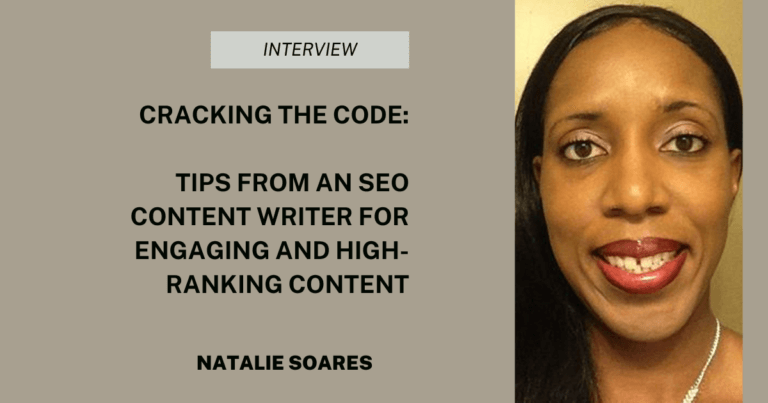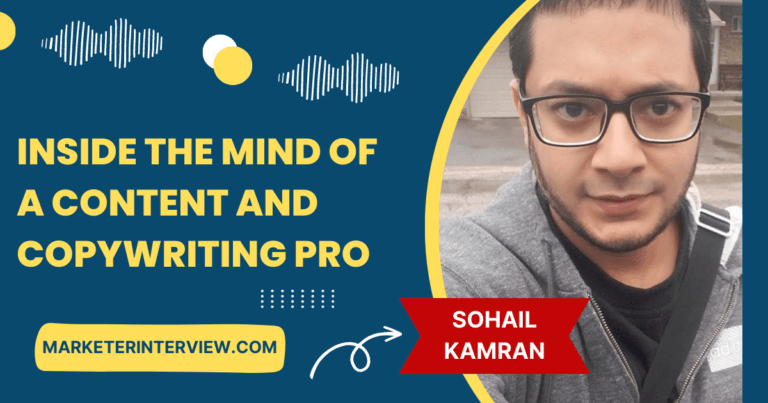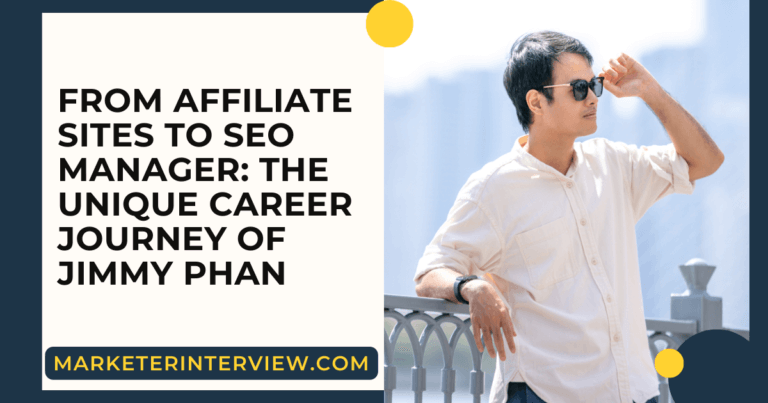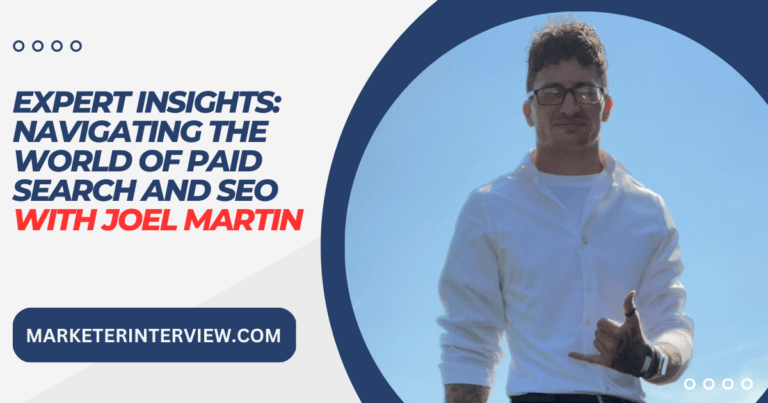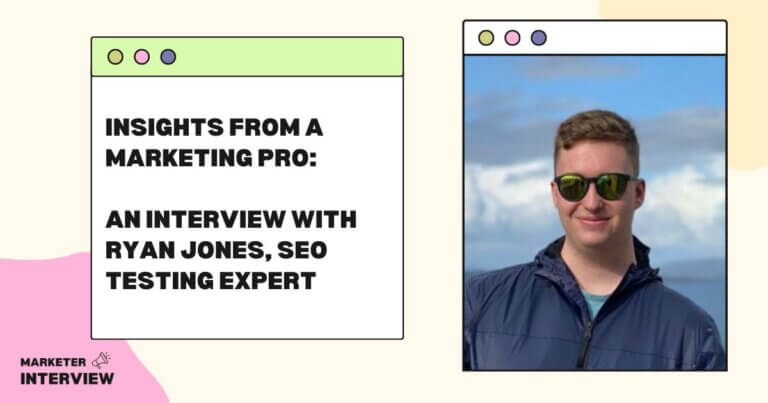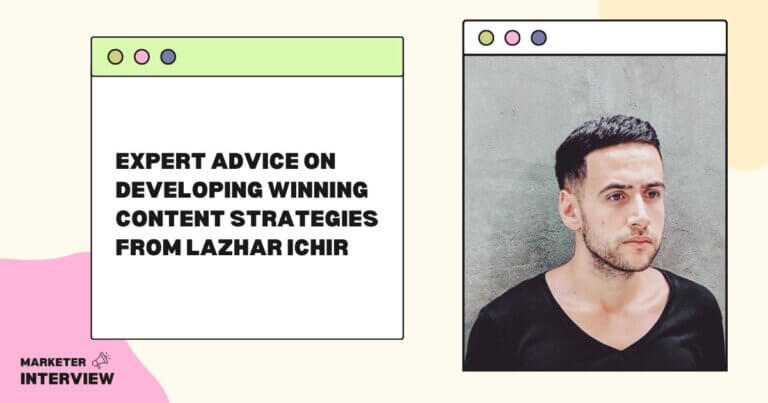Insights into SEO from Andy Romain, Founder & SEO Consultant, Romain Marketing
Welcome to Marketer Interview, where we interview fascinating marketers from various industries and backgrounds.
Today, we’re thrilled to have Andy Romain, Founder & SEO Consultant at Romain Marketing, join us to discuss his SEO journey.
With over 10 years of experience, Andy has helped businesses of all sizes increase their online visibility.
We’re excited to learn from his expertise in this space.
Contents
- 1 How did you get started in SEO, and what drew you to the field?
- 2 Can you share a specific project that you’re particularly proud of?
- 3 What are the most critical factors for optimizing a website for search engines?
- 4 How do you stay up-to-date with the latest SEO trends and changes to search engine algorithms?
- 5 How do you measure the success of your SEO efforts?
- 6 How do you approach keyword research?
- 7 Can you share some common mistakes you see businesses make regarding SEO?
- 8 Can you walk us through conducting an SEO audit for a website?
- 9 What do you think the future of SEO looks like?
- 10 What essential tools and software do you use in your work as an SEO consultant?
How did you get started in SEO, and what drew you to the field?
In 2010, two years into my undergraduate studies, I began creating blogs and affiliate websites with links to companies like Amazon and eBay for a small, often non-existent commission.
Naturally, I wanted inexpensive but relevant traffic, which led me to the field of SEO as a website marketing channel. I also did many career and personality tests, which suggested that I’d enjoy this line of work more than other career paths.
I can’t tell you the company, out of respect for them and perhaps any fine print in the contract I signed, but I started at a company as one of the first marketing hires.
Revenue from organic traffic was $0, and the conversion rate on organic traffic was 0%.
Two years later, when I left for another opportunity, revenue from organic traffic was $660k per year, with a 90% contract renewal rate.
We worked on many projects, but the most significant drivers were a subdomain-to-subfolder migration onto our parent company’s domain powered by an NGINX Reverse Proxy, a ground-up redesign of the entire website, and producing content written by true experts in the field.
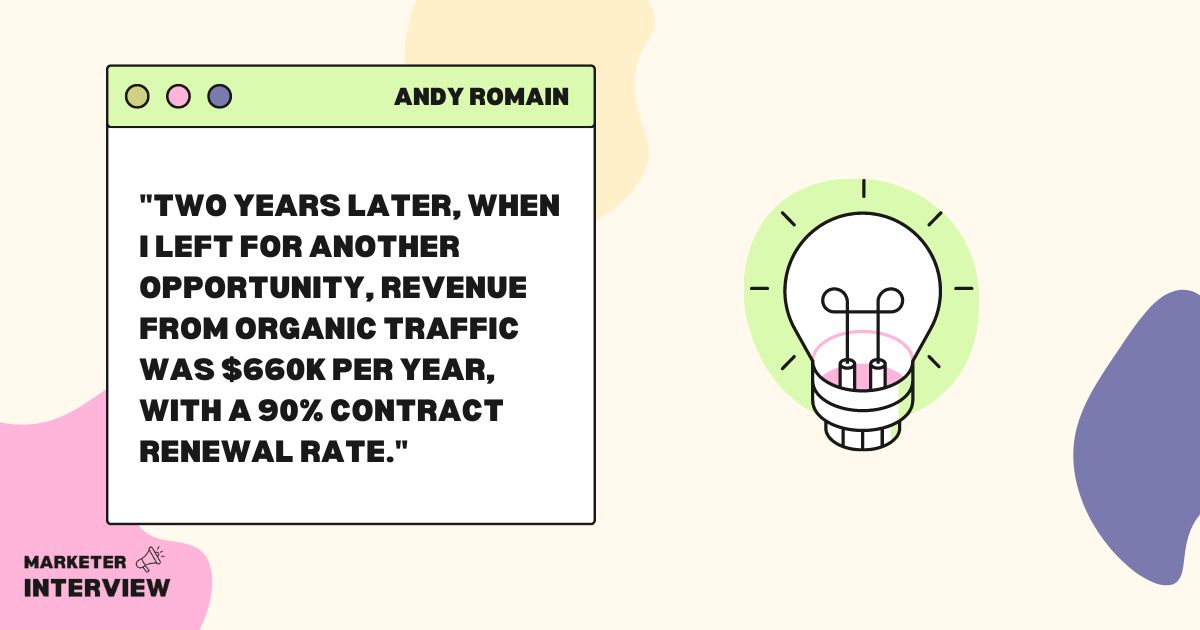
What are the most critical factors for optimizing a website for search engines?
The most important factors are:
- Strong technical SEO
- Fast page load times per Core Web Vitals
- A well-organized site architecture
- Unique content written by industry experts (the kind that is noticeably better than what an AI bot or any freelance writer can produce)
How do you stay up-to-date with the latest SEO trends and changes to search engine algorithms?
I’m subscribed to the top SEO newsletters, which send all the news to a particular folder in my email. I also like to watch new and exciting SEO conversations on social media.
How do you measure the success of your SEO efforts?
It depends on the organization and what their goals are. I usually measure sales, qualified leads, traffic, and keyword rankings.
How do you approach keyword research?
I talk to the organization’s marketing and product leaders and its sales team to understand the most lucrative products, services, keywords, or keyword verticals.
Then, I support this information with analytics and CRM data. My favorite tools are Google Autosuggest, Google Trends, Google Keyword Planner, and AnswerThePublic.
A common mistake is making decisions by deferring to the highest-paid person’s opinion (HiPPO) instead of or despite the data.
The best way to avoid this barrier is by committing to being a data-driven organization.
Another mistake is focusing on one area of SEO at the expense of all others, which is unfortunate because they’re usually all needed for the company to succeed in organic search.
For example, some organizations will have either strong development teams and technical SEO but poor, lifeless content or excellent content but horrible technical SEO. Many companies also overlook domain authority and neglect link-building altogether.
Can you walk us through conducting an SEO audit for a website?
I usually start with binary technical SEO issues and then progress to more creative challenges like content marketing and link building.
So, let’s say we cover all the bases in terms of analytics, crawling, indexing, metadata, structured data, content, internal links, navigation, images, video, mobile, site speed, security, local SEO, international SEO, backlinks, and domain authority.
I usually see if the website follows industry best practices, search engine guidelines, and the best approaches from what I’ve seen over the years or if the team has a good reason for not doing so.
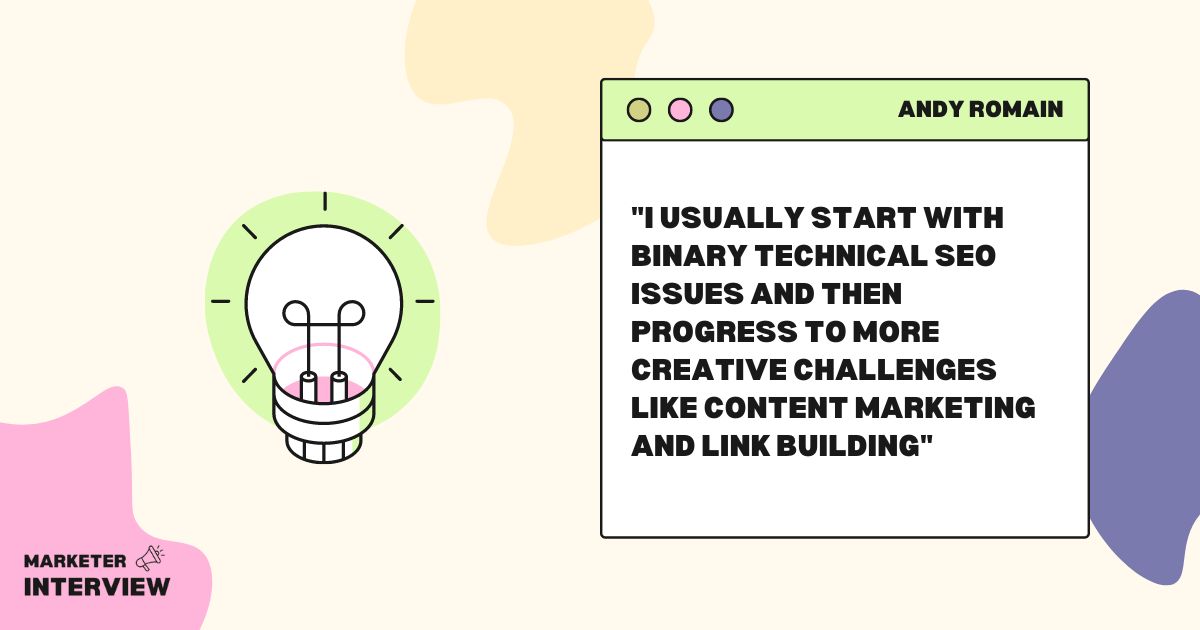
What do you think the future of SEO looks like?
I can see more and more programmers and writers playing the role of quality assurance analysts and editors while AI bots write most of the code and content on a huge percentage of websites, apps, and web applications.
This may raise the floor of lousy SEO and ASO but would make for potentially bland and homogenous web design and content.
I think it’ll also create an opportunity for brands that put in more effort and invest more resources to stand out.
What essential tools and software do you use in your work as an SEO consultant?
I use a desktop crawler, cloud-based crawlers, spreadsheet applications, and analytics tools.
They help audit websites, detect anomalies or potential ranking issues, research keywords, forecast trends, report on organic search performance, and more.
I hesitate to mention them by name because there are too many to list, and they aren’t paying me to endorse their products, quite the opposite!

